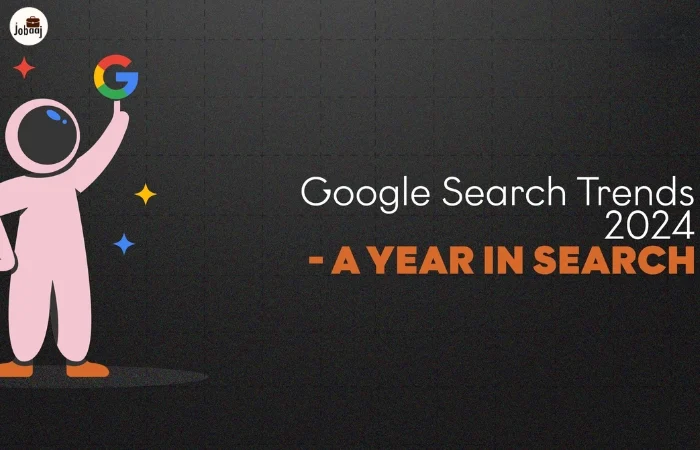Standing at the forefront of a technological revolution, the intriguing possibility and profound challenge of whether artificial intelligence (AI) can function independently without human intervention beckons us to explore. This journey into the evolving landscape of machines mimicking, adapting, and potentially surpassing human tasks invites a deep dive into the symbiosis between human creativity and machine efficiency. Such exploration not only highlights AI's current capabilities and its future potential but also emphasizes the critical role of human oversight in guiding this innovation toward beneficial and ethical outcomes.
Introduction
Once considered a realm of science fiction, artificial intelligence (AI) has rapidly evolved to become an integral part of our daily lives. From virtual assistants to self-driving cars, AI has demonstrated remarkable capabilities. But the question that lingers in our minds is, can AI work without humans? Let's embark on a captivating journey through the realms of autonomous intelligence and discover the potential of a world where machines take charge.
The Rise of Autonomous Intelligence:
Imagine a bustling city where robots carry out complex tasks, machines engage in decision-making, and algorithms optimize processes without human intervention. It may sound futuristic, but significant strides have already been made toward autonomous intelligence. AI systems equipped with advanced machine learning algorithms, neural networks, and deep learning frameworks have the potential to function independently, adapting and improving over time.
The Power of Automation:
One of the key strengths of AI lies in its ability to automate tasks that were once solely the domain of human expertise. From data analysis and pattern recognition to complex problem-solving, AI algorithms can execute these tasks with lightning speed and precision. By reducing human intervention, AI can streamline operations, boost productivity, and free up valuable time for individuals to focus on higher-level strategic thinking.
Unleashing Creativity:
While the notion of machines replacing human creativity may sound unsettling, AI has demonstrated promising capabilities in the realm of artistic expression. AI-generated paintings, music compositions, and even storytelling have sparked curiosity and intrigue. By analyzing vast amounts of data and patterns, AI can mimic human artistic processes and generate original, thought-provoking content. Rather than replacing human creativity, AI has the potential to augment it, pushing the boundaries of innovation.
Ethical Considerations:
As we navigate the path toward autonomous intelligence, ethical considerations come to the forefront. It is crucial to ensure that AI systems operate within a framework of guidelines and principles. The potential risks, such as bias in decision-making algorithms or the loss of human touch, must be acknowledged and addressed. By implementing robust regulations and guidelines, we can harness the power of AI responsibly and reap its benefits while mitigating potential pitfalls.
Collaboration: Humans and Machines:
In envisioning a future where AI works without humans, it's essential to recognize the inherent value of collaboration between humans and machines. AI excels in data analysis, pattern recognition, and repetitive tasks, while human intelligence brings empathy, creativity, and complex reasoning. By combining these strengths, we can unlock new possibilities and tackle challenges that would be insurmountable for either humans or machines alone.
The Future Outlook:
While the idea of AI working independently without human intervention may be captivating, it's important to maintain a realistic perspective. The symbiotic relationship between humans and machines is likely to shape the future, with AI augmenting human capabilities and assisting in complex decision-making. As technology advances and AI continues to evolve, it is crucial to embrace this evolution while ensuring that human values and ethics remain at the core.
Conclusion:
The question of whether AI can work without humans reveals a world filled with endless possibilities and challenges. While AI demonstrates the immense potential for autonomous intelligence, it is through collaboration and partnership between humans and machines that we can achieve the greatest outcomes. As we navigate this exciting era, let us harness the power of AI responsibly, embracing its potential while cherishing the uniqueness of human intelligence.
Remember, the future lies not in AI replacing humans but in AI empowering us to reach new heights of innovation, creativity, and progress.








